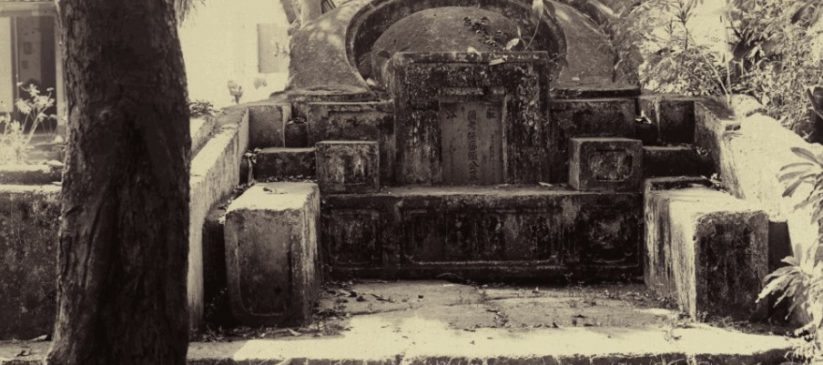Traditions & Culture
13 – Ceng Beng – Tomb Sweeping Day

This event is known as Ceng Beng in Indonesia, which is the Hokkian/Fujian (福建) pronunciation of Qing Ming (清明) in romanised Bahasa Indonesia. Ceng means “clear”; Beng means “bright”.
This is the day when families visit the graves of their ancestors and relatives. The graves are cleaned and cleared of weeds. Ritual offerings of candles, incense, joss paper, food, and drinks are made in remembrance of the ancestors. Not all make food offerings; it can be as simple as just tea and sweets.
It is not unusual for people to return to their hometown for this special memorial. Ceng Beng falls on 4 or 5 April, although according to tradition the rituals could be conducted anytime up to 10 days before. Many leave early in the morning for the cemetery to avoid a traffic jam.
Ketupat (a rice cake encased in woven coconut leaves) and lepat ketan (a glutinous rice cake wrapped in coconut leaves) are often associated with Ceng Beng – those who go to the cemetery often eat ketupat while waiting for the rituals, as if having a picnic.
Those unable to go to the cemetery sometimes make a ritual offering at home instead.
Christopher Ng, June 2017
Sources :
- Tan, G.L. (1963): The Chinese of Sukabumi: a study of social and cultural accommodation, New York: Monograph Series
- Wibisono, L., Northmore, M., Tjahyadi, R. And Jonatan, M. (eds.) (2012): Indonesian Chinese Peranakan: a cultural journey, Jakarta: Indonesian Cross-Cultural Society and Intisari


